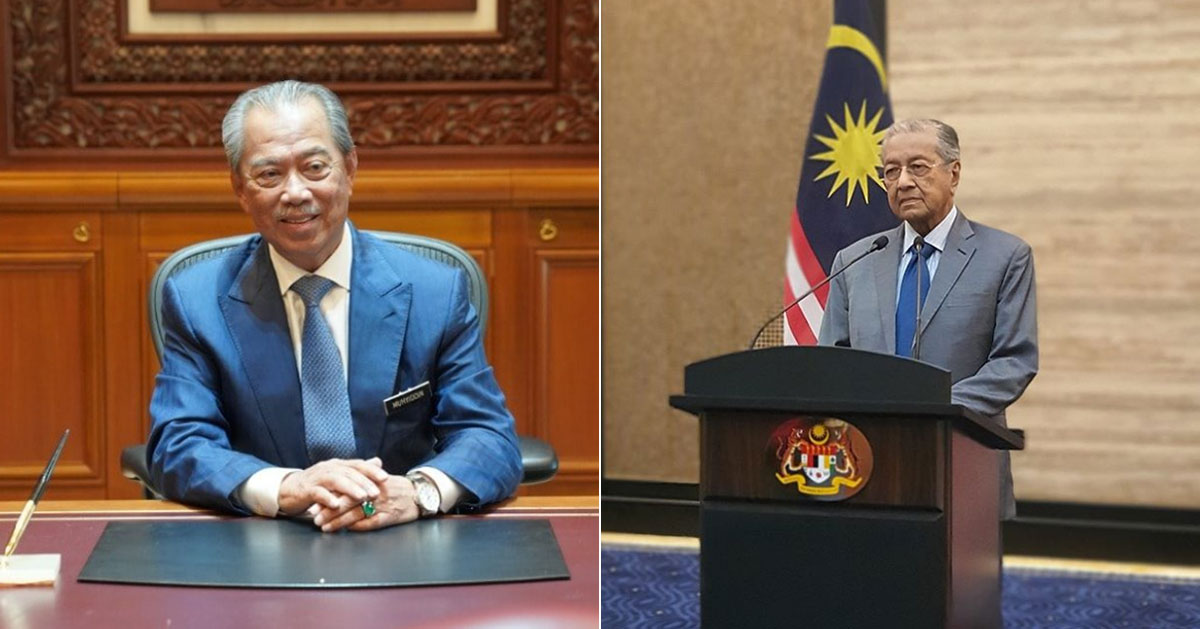Bilahari is a former Permanent Secretary of Singapore's Ministry of Foreign Affairs and is, in his own words, currently "a pensioner."
What’s happening in Malaysia?
Amusing as many Singaporeans may find the spectacle of the old fox out-foxed, I’m afraid the events of the last week are not good for Singapore.
We will work with any Malaysian government. But our interests are best served by stability up north and things have not been exactly stable for the last two years.
Nor do I expect things to quickly stabilise under the new government.
Pakatan Harapan (PH) did not, as Dr. Mahathir Mohamad himself has admitted, expect to win the 2018 GE. The largely Chinese Democratic Action Party (DAP) emerged as the largest party in the PH government.
Worse still, according to the highest estimate by respected independent research institute Merdeka Centre, PH got only about 30 per cent of the Malay vote, whereas by Merdeka Centre’s lowest estimate, UMNO and PAS (Malaysian Islamic Party) got 65 per cent of the Malay vote. This was simply not sustainable.
Public disgust over the outrageous corruption revealed by the 1MBD scandal undoubtedly played a part in PH’s unexpected victory. But the outrage was relative not absolute.
Shortly after the scandal became public, I asked a friend, one of the UMNO old guard, what he and others like him thought.
Some percentage of every project has always gone to UMNO’s war-chest, he said, but this was too blatant and excessive.
What my friend wanted this naive Singaporean to understand was that while we think politics is primarily about governance, in Malaysia it is always primarily about Malay power.
Last week’s events were a stark demonstration that Ketuanan Melayu, Malay dominance, ultimately over-rides all other considerations.
At the end of February, the Malay Economic Action Council, which brings together half a million Malay businesses and bumiputra empowerment groups, signaled that a government based on any other principle would be unacceptable.
Once Bersatu pulled out, two-thirds of the seats of the remaining PH parties — DAP, PKR and Amanah – were held by non-Malays. Furthermore, whether he really meant it or not, Anwar was publicly flirting with multiracialism.
The Muyhiddin government is one in which Malay parties are clearly dominant. It is Barisan Nasional 2.0 with the Chinese and Indians relegated to an even more ornamental role.
But will it be stable? That is not to be taken for granted.
The 2019 Malaysian census showed the Chinese percentage of the population was down to 23.4 per cent in 2016 -- a precipitous fall -- and set to drop further (22.8 per cent in 2019).
But demographics and half a century of pro-bumiputra policies have not made the Malays feel any more secure. We can expect Bersatu, UMNO and PAS to start out-bidding each other for bumiputra support.
Nor do I expect the good doctor to go gently into the night. Raising the Singapore bogeyman is a time-tested tactic of all these parties.
Even if the temptation to use Singapore to rally the Malay ground is resisted, and don’t hold your breath, a distracted Malaysia led by a government that is likely to be under constant attack by Dr. Mahathir and his motley crew, is not one with whom meaningful cooperation will be easy.
Racial tensions are never far below the surface in Malaysia.
Singaporeans can be quietly thankful that our system is different. But we should not be gleeful about what’s happening up north and be clear-eyed about the enduring realities of Malaysian politics.
Top photo via Muhyiddin Yassin & Mahathir/FB
If you like what you read, follow us on Facebook, Instagram, Twitter and Telegram to get the latest updates.
